Finding Relief from Anxiety by Thinking Flexibly
Anxiety, with its relentless thought patterns, can be utterly draining. It keeps us awake at night and hinders our ability to move forward. So, how do we break free from its grasp and discover a sense of relief?
To effectively reduce anxiety, it's crucial to recognize that it stems from our thoughts, beliefs, and experiences. Although anxiety may appear to be the problem itself, it's merely a signal akin to physical pain, alerting us that something requires our attention. The true cause of anxiety often lies in the thoughts, beliefs, or experiences we hold. This complexity makes tackling anxiety a challenging endeavor since we are attempting to eradicate our natural response rather than addressing its underlying roots.
But how does thinking outside the box play a role in alleviating anxiety? Anxiety-inducing thoughts tend to be narrow-minded and restrictive, overgeneralizing situations, stereotyping others, and limiting our choices. For instance, the thought "What if I make a mistake?" implies that any misstep will lead to a painful experience or punishment. Upon closer examination, we might discover that our definition of "wrong" revolves around upsetting or discomforting others. However, this notion encompasses an extensive range of behaviors, making it nearly impossible to predict how people will react in any given moment. Others' responses are influenced by various factors such as their energy levels, personal experiences, self-care practices, and individual needs, rather than solely relying on our actions. By constantly trying to avoid anything that might upset others, we unwittingly impose severe limitations on ourselves, eventually finding ourselves trapped with no viable options.
Here are steps to help you think outside the box and liberate yourself from limiting thoughts and beliefs:
1. Be Specific:
Dig deep and identify the specific fear that plagues you the most. More often than not, it relates to a fear of losing connection, acceptance, or safety – basic human needs that profoundly influence us. Pinpointing the precise source of anxiety will allow you to confront and address it directly.
2. Cultivate Self-Compassion:
Recognize that the belief fostering anxiety may have served as a protective mechanism in the past, but it no longer serves you. Practice self-compassion to dismantle the self-critical walls that confine and burden you. Offer yourself kind words, acknowledging the importance of the belief while expressing your desire to explore alternative approaches: "I understand that this belief has been significant to you, but it's causing anxiety, so I'd like to try something new."
3. Embrace Realism:
Train yourself to see things from a more realistic standpoint. The more accurately we perceive reality, the less likely we are to confine ourselves with unattainable expectations and standards. For example, it is unrealistic to assume we can constantly anticipate and meet the needs of others. Realistically, we are most capable of meeting others' needs when they effectively communicate them to us, and when those needs are reasonable.
4. Adopt Alternate Perspectives:
Opening yourself up to different perspectives creates an exit route from your self-imposed limitations, leading to new paths and potentially different outcomes. Consider the notion that others feeling upset or uncomfortable isn't necessarily negative; it may even be vital. Discomfort and unrest often precede transformative changes that foster personal growth.
It's essential to recognize that these suggestions are not instant solutions or panaceas for anxiety. They are paths you can choose to embark upon when you feel prepared. As always, I recommend starting small to build confidence and momentum. Perhaps begin by attempting to identify the specific causes of your anxiety as precisely as possible and continue this practice for several weeks before progressing to the next step. Remember, knowing when to seek support is a vital life skill, so if you need it, please reach out.
Warm wishes,
Tekin Meric, MSc
Counselor & Coach
If you would like to receive counseling or coaching support as you navigate your life issues, please feel free to reach out. I would be honored to hold a space for you online or in my practice in Amsterdam.



